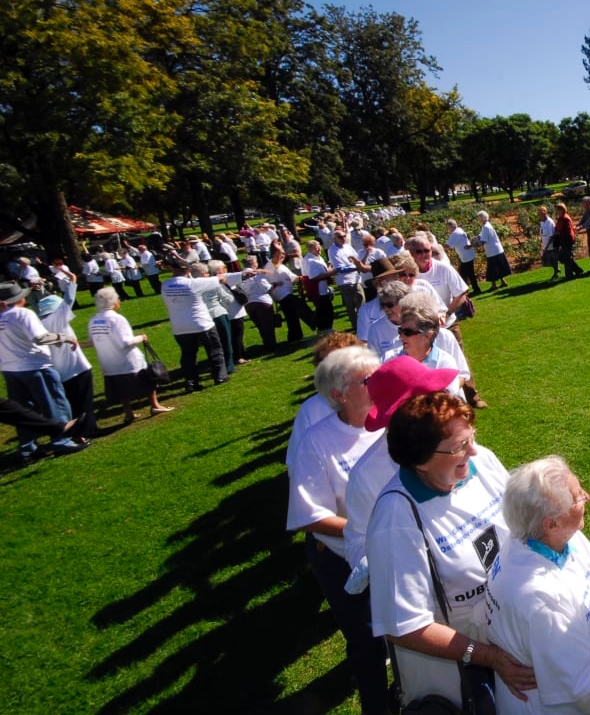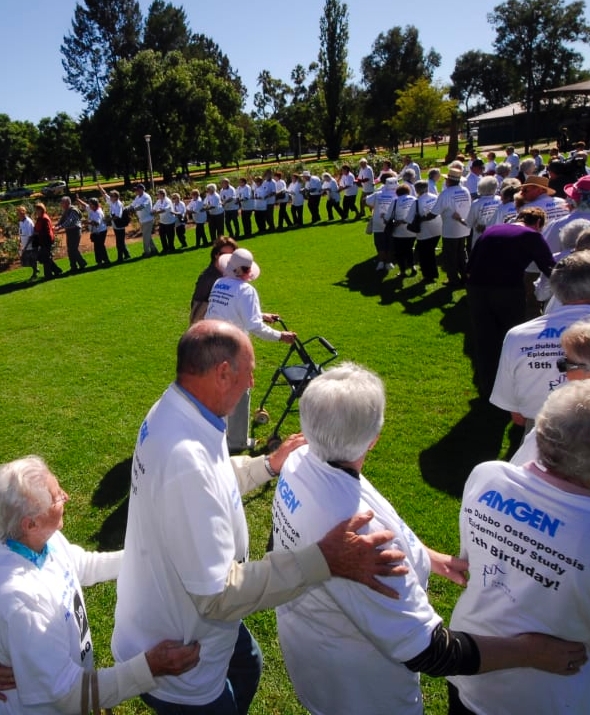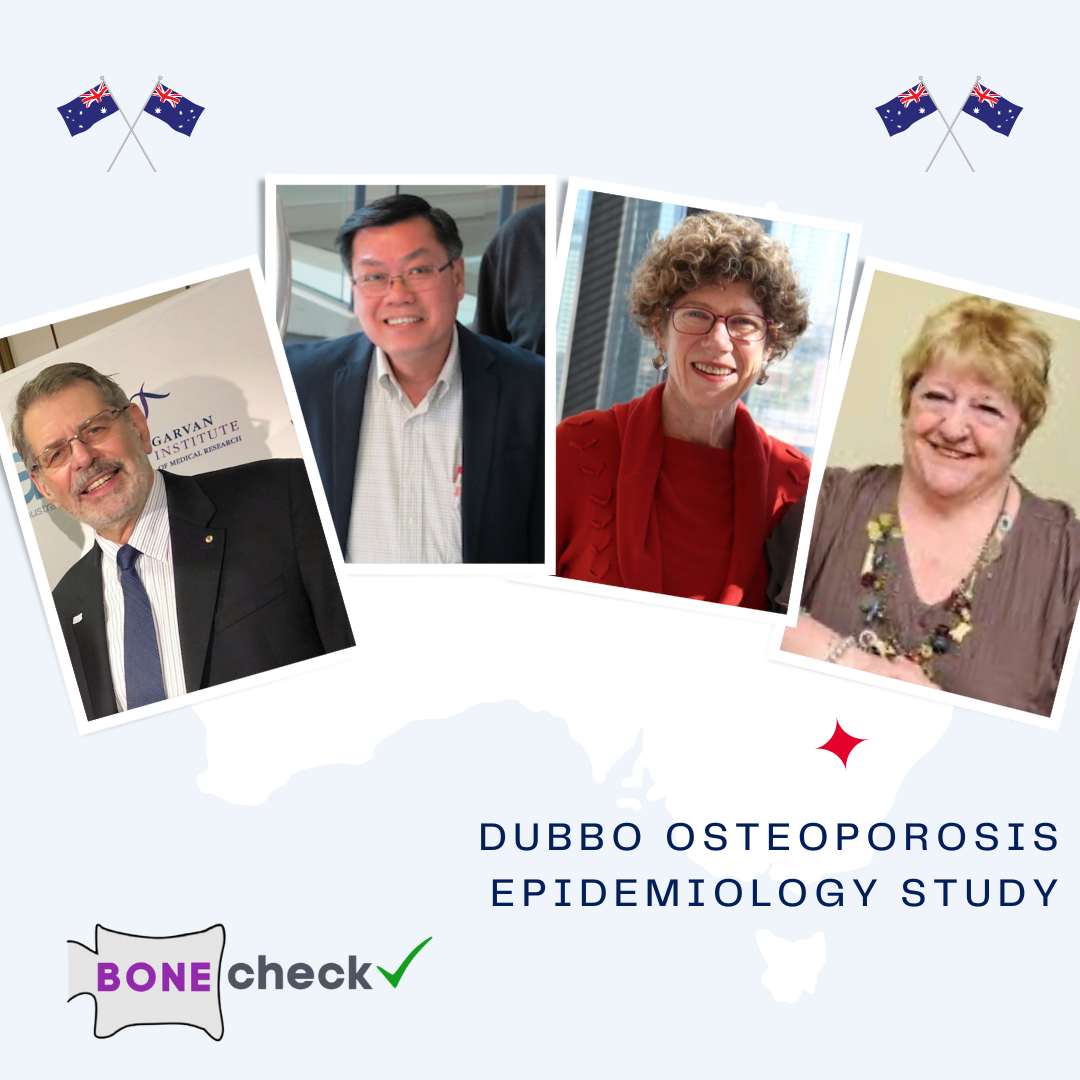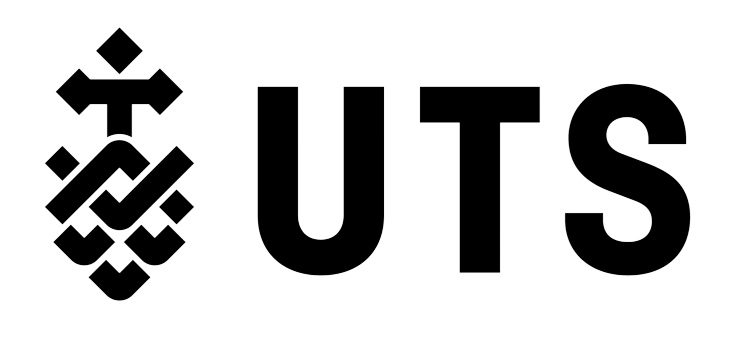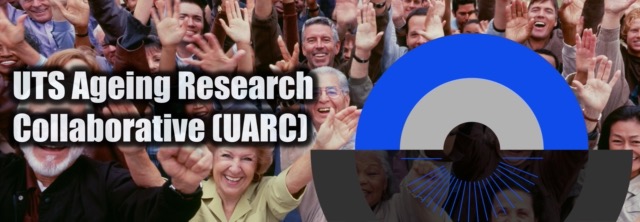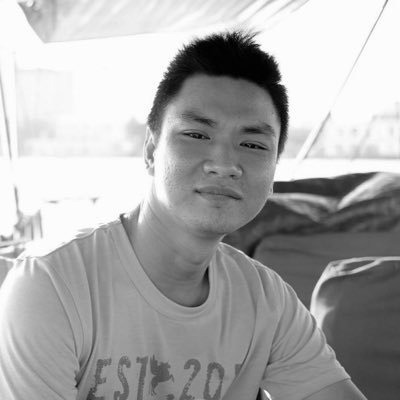1+
Years
Research
What is BONEcheck?
BONEcheck is a set of algorithms that have been designed to
predict the likelihood of fractures and its consequences, assess skeletal age, and ascertain
bone loss according to an individual's risk profile. The profile incorporates a variety of
factors, such as gender, age, bone mineral density, prior fracture history, fall history,
pre-existing medical conditions, and genetic makeup.
Who is BONEcheck for?
BONEcheck is intended for men and women aged 50 years and
above. The primary objective of the tool is to empower individuals, men and women, to
self-assess their bone health and adopt suitable measures to mitigate their risk of fracture
and mortality. The tool is not meant to offer clinical recommendations or make decisions
regarding treatment options, as such decisions should be made in consultation with a medical
practitioner or a bone specialist.
It is important to acknowledge that BONEcheck cannot predict with certainty whether an
individual will sustain a fracture in the future or not. Nevertheless, the tool can provide
an informed estimation of the probability of fracture and the potential benefits of treatment.
How BONEcheck is developed?
BONEcheck was created based on data collected from five sources: the Dubbo Osteoporosis Epidemiology Study
(researchdata.edu.au/dubbo-osteoporosis-epidemiology-study/96809),
the Danish Nationwide Registry, the Study of Osteoporotic Fractures
(sofonline.ucsf.edu),
The Osteoporotic Fractures in Men Study
(mrosonline.ucsf.edu),
and the Vietnam Osteoporosis Study
(Ho-Pham and Nguyen, Osteoporosis and Sarcopenia 2017).
The Dubbo Osteoporosis Epidemiology Study began in 1989, recruiting over 2500 individuals
aged 60 years and older from the Dubbo city and surrounding regions. Since the inception of
the original cohort, an additional 1500 men and women, also aged 60 years and older at the
time of enrolment, from the Dubbo city have been included in the study. Funding for the
study has been provided by the National Health and Medical Research Council, as well as
untied educational grants from several sources, including Amgen Australia, Merck Sharp and
Dohme, Sanofi-Aventis, Novartis, Bupa Health Foundation, and the Ernest Heine Family
Foundation.
The investigators of the Dubbo Osteoporosis Epidemiology Study are:
-
Professor John A. Eisman (Garvan Institute of Medical Research).
-
Professor Tuan V. Nguyen (University of Technology Sydney).
-
Professor Jacqueline R. Center (Garvan Institute of Medical Research).
-
Sr Janet Watters (Garvan Institute of Medical Research).
